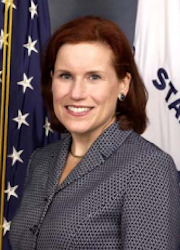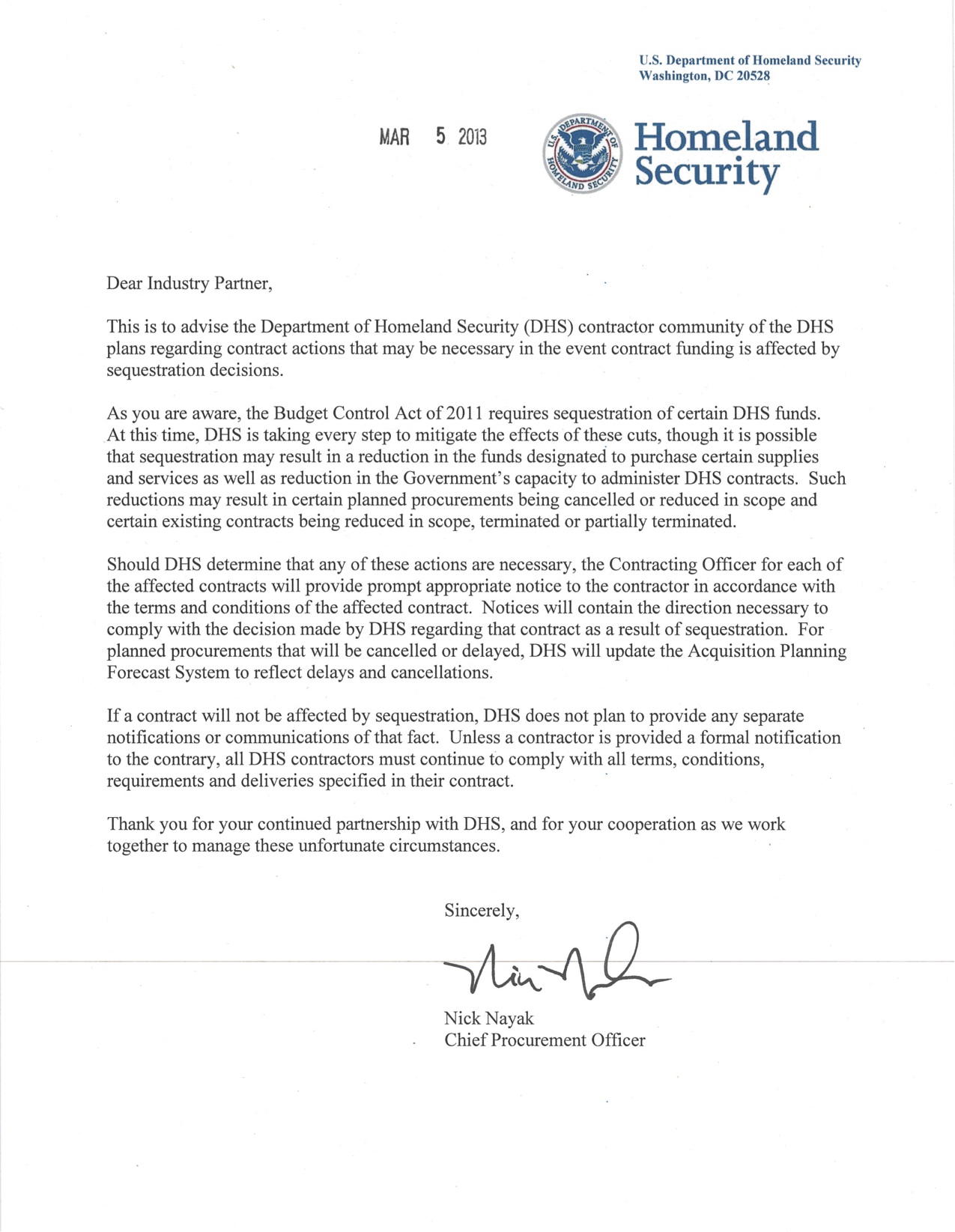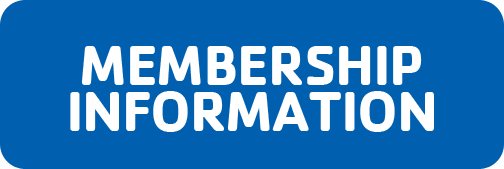PART II
In part II of our interview with Josh Seckel, Sara Kindsfater-Yerkes, Chair of the GTSC Business Development Exchange, was able to sit down with USCIS’ Chief of the Applied Technology Division (ATD) to discuss the agile transformation at U.S. Citizenship & Immigration Services at the U.S. Department of Homeland Security. Among ATD’s chief responsibilities are driving the adoption of agile across the USCIS enterprise, brought about in part by providing agile coaching services – experts across the technical, process and organizational change domains who help clients shift their culture and mindset to lean/agile thinking. This is a sea change in Federal IT – moving away from the lengthy, and staged waterfall methods to continuous activities for developing software. By doing them continuously quality improves because testing starts day one, visibility improves through collaboration and increased visibility, and risk is reduced through continuous feedback and prioritization of work.
GTSC: You’ve been through some of the best agile coaching training out there – for those who aren’t coaches what does “being a good mirror” mean?
Josh: Yes. They are able to point out to the team what is engrained that they are doing and can’t see for themselves, and get them to question, “is there a better way” versus accepting “we’ve always done it this way”. That takes a special relationship – one built on trust, honesty but without being a snitch, not judging but helping and not being oversight.
GTSC: So how are coaches typically different than scrum masters?
Josh: Again, really good scrum masters can be agile coaches, as long as they’ve had experience helping teams grow and get better. It’s a really small number of people that can do that though – be scrum masters AND agile coaches. Biggest differences between scrum masters and agile coaches is their area of engagement – scrum masters focus on team, coaches focus on project or program, and multiple teams of developers, scrum masters and stakeholders. At USCIS we have agile coaches that focus on divisions and entire portfolios of systems.
GTSC: This is somewhat self-serving given my background but how is agile driving culture change in the government?
Josh: Agile is helping the government breakdown silos, slowly. People are talking – maybe not collaborating to the fullest extent but we’re realizing why it’s important to talk to other parts of the organization. Within USCIS the IT people are engaging the business side more than they used to. Speed is also a big driver of change – there’s a new expectation for delivery on the order of months not years. The pace of change in government is increasing – I know it’s been that way in industry – but in government we are really pushing to think about what comes next. Agile is also changing the way we think about quality – we’ve got to deliver quicker, with less resources and keep focused on quality while maintaining that pace. Next, we’ve got to focus on understanding MVP (minimum viable product) on the business side – that’s coming.
GTSC: It’s a consistent pain point – how do you procure agile services?
Josh: We’ve got to focus on agile acquisition, not acquisition for agile. What I mean is we need look at what we need to change in the acquisition process. We’ve also got to keep contractual requirements in contracts and leave business requirements out of them. Come to Agile 2016 to hear me talk about this – I have a lot to say on this topic!
GTSC: As you know, GTSC’s “tag line” is, It’s All About Mission. How do you think agile impacts the mission of USCIS?
Josh: Agile impacts the mission of USCIS by providing more immediate responses to changes in direction, both large and small. When the executive order for
Deferred Action for Parents of Americans and Lawful Permanent Residents (DAPA) came down, we were able to start working on the changes much faster than history would indicate. And when the court stayed the order, we were able to switch back very rapidly as well. Or on the small level, we are fixing and changing items on a rapid basis because of user feedback. This enables the officers to be much more responsive to the applicants rather than having to deal with a long wait and many work arounds.
GTSC: So last question, how do we work together (government and industry) to continue to bring things like agile, to the government to improve government?
Josh: Neither can do it alone – agile, devops, etc. – it has to be a partnership. We’re going to put out RFPs for agile delivery, and we’re going to expect that those bidding can do things like test driven development (TDD). If companies bidding don’t have the skills they won’t win. It’s a different world. Companies need to keep the skills of their teams up to date and growing; we’ve all got to focus on the work and the mission.
JOIN US to hear Josh in person discussing best practices in agile at USCIS, March 10, 2016. REGISTER here.

Sara Kindsfater-Yerkes, leader of GTSC’s DHS Business Development Exchange and member since 2012, is an Organizational Change Strategist with expertise in guiding large-scale transformations, Sara is passionate about helping individuals and teams to become high performing and creating cultures in which all can thrive. She currently supports Josh and USCIS in the cultural adoption of lean/agile practices.











